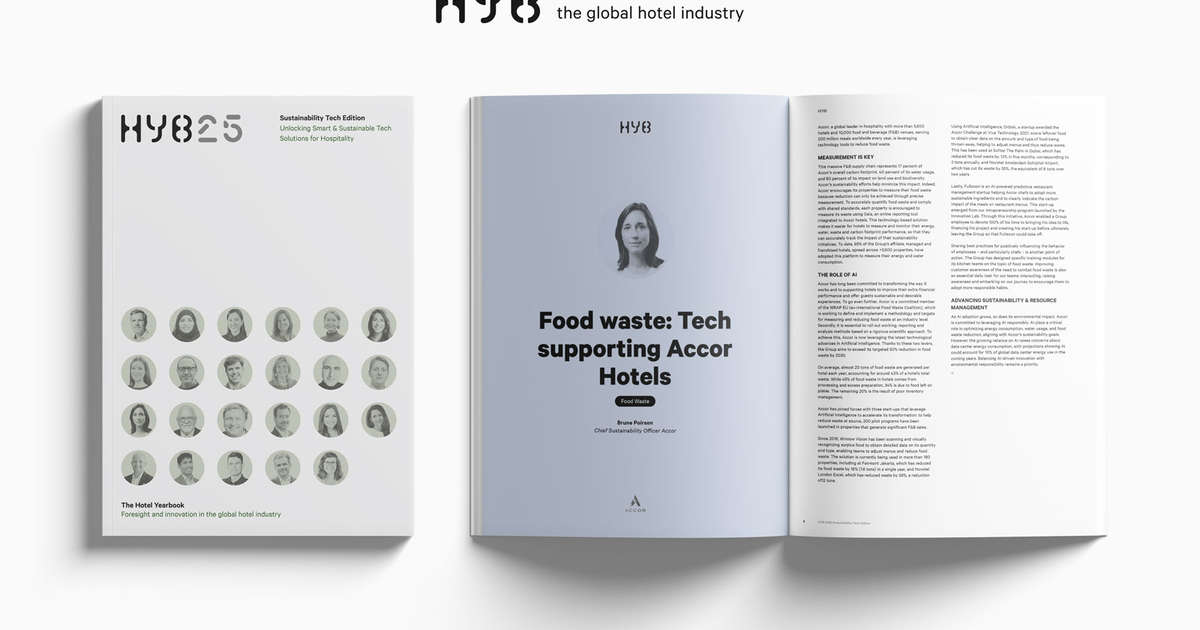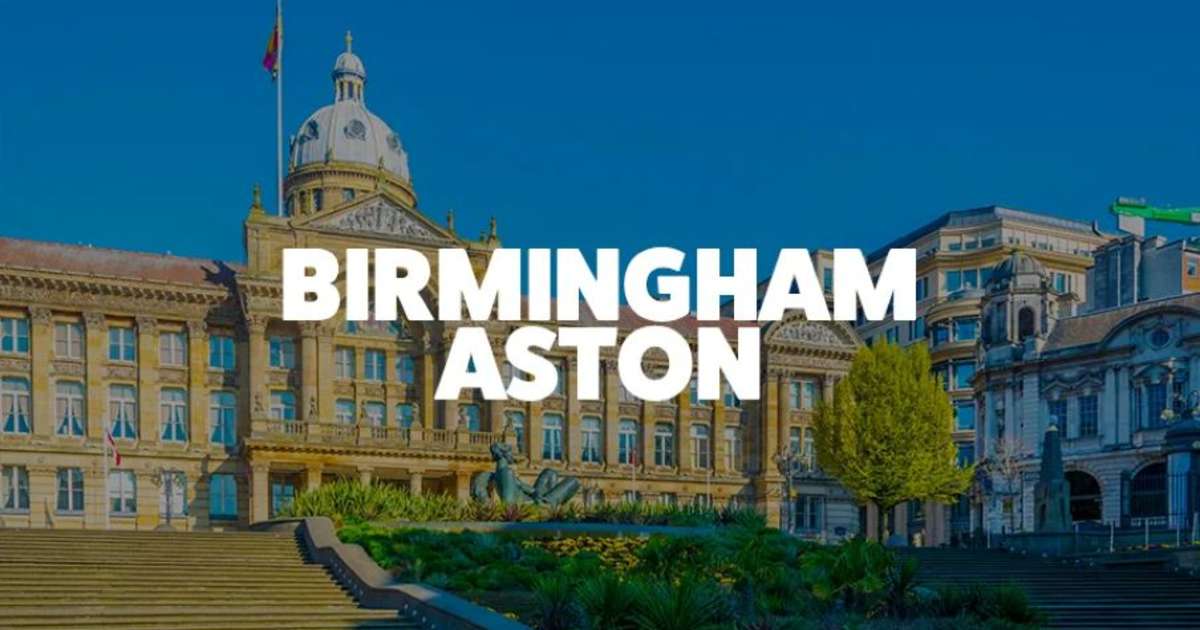
We live in a world where there is more and more information, and less and less meaning. Jean Baudrillard, Simulacra and Simulation
A few days ago, Jeff Bezos anchored his floating temple of techno-capitalism (a yacht longer than Piazza San Marco) just off the coast of Venice. The media, predictably, responded with sterile moral outrage, but the more profound irony escaped most: Bezos isn’t visiting Venice; he IS Venice. Or rather, he embodies what Venice has become: a luxury simulation of itself. Stripped of context, suspended in spectacle. That moment brought back a provocation I had posted months ago in my weekly column on 10 Minutes Hotel: maybe the only rational way to manage Venice today is to treat it like Disneyland, not as a joke, but as a system. At the time, it sounded dystopian. Now, it sounds like long-range urban planning.
But let me elaborate…
Cultural Collapse as Business Model
The backlash to that post was immediate. One refrain from colleagues: raise the prices. Charge more, and the crowds will shrink. Problem solved. But that logic rests on a fatal assumption: that cultural destinations can be scaled like SaaS, that cities are funnels to optimize, and that the soul of a place is just inefficiency to be engineered away. But Venice is not a yield curve. Rome is not a conversion path. And Athens is not your next A/B test. As Baudrillard warned, we’ve entered the age of simulation, where the map precedes the territory, and replicas become preferable to the real. And when a city becomes a simulacrum, there’s nothing left to preserve but the illusion. And frankly, I don’t want to visit that.
Italy recorded over 458 million overnight stays in 2024: a record. And yet, in the very cities breaking records, the locals are disappearing, replaced by cappuccinos at 11:00 a.m. (Food police, do something!) What remains isn’t tourism. It’s cultural karaoke. And the worst part? We’re not the victims of this transformation; we’re its architects. We used the same tools that once enriched travel (storytelling, UX, optimization) to sterilize it. We’ve built a system that filters out friction, contradiction, and memory. As Umberto Eco wrote in Travels in Hyperreality, when the real becomes inconvenient, we manufacture the fake. Then prefer it.
Cognitive Schengen: An Epistemic Border Control
Now, overtourism is typically framed as a logistical issue: there are too many people, and not enough resources. But what if the real crisis isn’t infrastructural, but epistemological? What if the problem isn’t how many people are coming, but who is coming, and with what depth of cultural awareness? In a half-serious comment to that now-infamous LinkedIn post, I suggested we abandon dynamic pricing. Forget yield management. Let’s shift to cultural management. An intellectual visa. A Cognitive Schengen. A brain-ESTA. A simple test at the border: not of income, but of insight.
If you believe the Colosseum was built by “the Italians,” access denied. Come back after reading a sentence of Suetonius, or at least grasping what S.P.Q.R. stood for. If you think modern law was born in some East Coast courtroom, take a seat (ideally on a Roman curule chair) and open the Corpus Iuris Civilis. If you assume republican governance is a post-Enlightenment concept, consider that dēmokratía was being practiced in 5th-century BCE Athens while most of Europe was still forest.
Our legacy deserves more than passive tourism. It demands recognition. Reverence. And, at the very least, a bit of homework. Because what we need is not more spending power. We need more broke, chain-smoking artists wandering alleyways at dawn. We need friction. We need DANGER (repetitia iuvant: danger is not the enemy of democracy. It’s often its lifeblood.) We need more future Hemingways, quietly drafting “Across the River and Into the Trees” in a foggy bàcaro in Dorsoduro, not tourists Googling “best spritz with view” while standing on a fake gondola. Because if we confuse presence with understanding, we’ll build a world of perfect accessibility, but nothing worth accessing.
Venice Is Just the Prototype.
Venice isn’t the exception. It’s the model. Rome, Florence, Paris, Lisbon, Prague, Barcelona… the list continues to expand. Each city follows the same script: from story to slogan, from culture to content. As Bauman observed, ours is an age of fleeting bonds and permanent detachment. Travel becomes transactional. Places become playlists. We’re engineering a civilization optimized for attention, but devoid of attention span.
Steiner, in The Idea of Europe, wrote that Europe is not defined by GDP or borders, but by cafés, silence, smoke, and philosophical tension. Europe is layered. Semantic. Unfinished. Strip away the contradiction, the noise, the crime, the chaos, and you mutilate it. You amputate its soul to make it frictionless. Jean-Claude Izzo, the great writer from Marseille and author of the Total Khéops trilogy, shared this instinctive aversion to sanitized narratives. He was fiercely critical of the official rhetoric around “Mediterraneanness,” a rhetoric that flattened complexity, repackaged suffering, and sold the Mediterranean as folklore for cruise ships. There’s a beautiful passage on Total Kheops:
“Marseille n’est pas une ville pour touristes. Il n’y a rien à voir.
Sa beauté ne se photographie pas. Elle se partage.
Ici, faut prendre partie. Se passionner. Être pour, être contre. Être violemment.
Alors seulement ce qui est à voir se donne à voir.
Et là trop tard, on est en plein drame. Un drame antique où le héros c’est la mort.
À Marseille, même pour perdre il faut savoir se battre.”
That roughly translates to:
“Marseilles isn’t a city for tourists. There’s nothing to see.
Its beauty can’t be photographed. It can only be shared.
It’s a place where you have to take sides, be passionate for or against.
Only then can you see what there is to see.
And you realize, too late, that you’re in the middle of a tragedy. An ancient tragedy in which the hero is death.
In Marseilles, even to lose, you have to know how to fight.”
For Izzo, the Mediterranean (and Europe) was never a lifestyle brand. It was a geography of exile and encounter, of wounds and entanglements. To romanticize it was to betray it. Like Steiner, he understood that meaning lives in tension, in the friction, the smoke, and the silence that follows the shouting. And when we erase that, in pursuit of some frictionless user experience, we don’t civilize Europe. We erase it. Reduce it to UX, and you’ll boost performance, at the cost of meaning. Turn it into a product, and you’ll get Vegas. You get Disneyland.
Final Question (Still Not Rhetorical)
So here we are again: Do we want a more profitable world, or one still worth exploring? Because we can’t have both. Not anymore. And, unless we resist this slow, algorithmic lobotomy of place, unless we defend the messiness of real cities, we’ll soon find ourselves living in a world where the past is repackaged, the present is scripted, and the future is nothing more than a premium upgrade.
And I don’t want to live in that world.
Do you?
Simone Puorto
Hospitality Net


